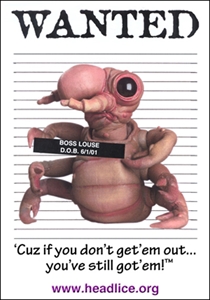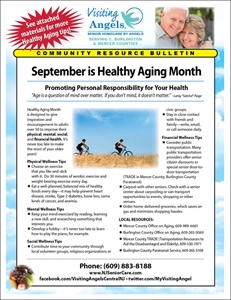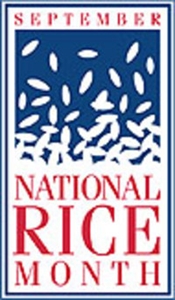Attention Deficit Hyperactivity Disorder Month on September, 2024: attention deficit disorder?
September, 2024 is Attention Deficit Hyperactivity Disorder Month 2024. Medication For ADHD Read About An Rx For Kids With ADHD That Is Taken Only Once A Day.
As an Amazon Associate I earn from qualifying purchases.
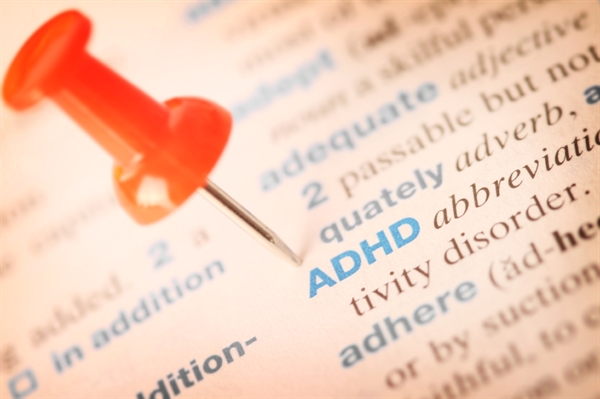
Symptoms
The principal characteristics of ADHD are inattention, hyperactivity, and impulsivity. These symptoms appear early in a child's life. Because many normal children may have these symptoms, but at a low level, or the symptoms may be caused by another disorder, it is important that the child receive a thorough examination and appropriate diagnosis by a well-qualified professional.
Symptoms of ADHD will appear over the course of many months, often with the symptoms of impulsiveness and hyperactivity preceding those of inattention, which may not emerge for a year or more. Different symptoms may appear in different settings, depending on the demands the situation may pose for the child's self-control. A child who "can't sit still" or is otherwise disruptive will be noticeable in school, but the inattentive daydreamer may be overlooked. The impulsive child who acts before thinking may be considered just a "discipline problem," while the child who is passive or sluggish may be viewed as merely unmotivated. Yet both may have different types of ADHD. All children are sometimes restless, sometimes act without thinking, sometimes daydream the time away. When the child's hyperactivity, distractibility, poor concentration, or impulsivity begin to affect performance in school, social relationships with other children, or behavior at home, ADHD may be suspected. But because the symptoms vary so much across settings, ADHD is not easy to diagnose. This is especially true when inattentiveness is the primary symptom.
According to the most recent version of the Diagnostic and Statistical Manual of Mental Disorders2 (DSM-IV-TR), there are three patterns of behavior that indicate ADHD. People with ADHD may show several signs of being consistently inattentive. They may have a pattern of being hyperactive and impulsive far more than others of their age. Or they may show all three types of behavior. This means that there are three subtypes of ADHD recognized by professionals. These are the predominantly hyperactive-impulsive type (that does not show significant inattention); the predominantly inattentive type (that does not show significant hyperactive-impulsive behavior) sometimes called ADD—an outdated term for this entire disorder; and the combined type (that displays both inattentive and hyperactive-impulsive symptoms).
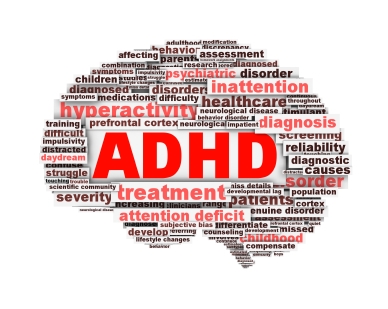
Attention Deficit Hyper Activity Disorder?
I really like the general message you are presenting. When you hand over authority of yourself or your child to a system, it will, in the end institutionalize you or your loved one. The system will take a rambunctious child and Label them Medicate Now. Hyperactivity is simplistically a lack of one essential nutrient. Omega 3 oils. Essential oils are the bulls-eye. Wiki the truth...
Here is what I have:
This is a Natural Prescription for an easy way to transition off of and more importantly AVOID the need for - Hyper activity/ADD, ADHD, Bipolar and Schizophrenia Medications.
Getting off of and avoiding the need for Serotonin uptake inhibitor drugs,
Is easier than most people realize.
#1.) Drink 1 GALLON of DISTILLED WATER a day. Distilled Water is PH balanced with zero additives, (Pure H2o). Dehydration must be avoided. Fluidity is number one.
Note: (Tap water and bottled water contain varying amounts of highly questionable substances like fluoride, chlorine, metals at varying amounts, fungus, bad bacteria / microbes and numerous other elements not beneficial to an organism.
#2.) Consume the Amino Acid TRYPTOPHAN on an empty stomach and in between meals. Tryptophan is the precursor to Serotonin. Supplying the body with ample supplies of Tryptophan / Serotonin is imperative.
You can buy Tryptophan from any local GNC, health food store, and even a Safeway.
Tryptophan is an isolated protein Amino Acid.
#3) & #4) (Essential fatty acids) this is the heart and meat of the matter. Essential fatty acids are only obtained through consumption. ESSENTIAL FATTY ACIDS are not made in the body. The only way you get them in your body is from eating them. Parents should NOT be ashamed for not knowing. Information about this subject is not given freely from the system. There isn't good enough money in doing so.
When the Hyper active/ADD, ADHD, Bipolar or Schizophrenic person reflects back on the food stuffs that were primarily available and what they consumed, leading up to them being medicated. How much if any quantities of these next two substances were consumed regularly each month?
Maybe,
#3) Consuming Omega 3 Oil, also known as Fish Oil, It is a polyunsaturated fat, essential fatty acid. It breaks down saturated fat. Omega 3 oil is highly conductive, and is considered a precursor to brain fluid. Saturated fat has little to no electric conductivity. Fish oil modifies the saturated fat to un-saturated fat ratio making the brain exceedingly electric. (Synapses - neuron to neuron communication) Creating a fluidly without resistance or blockage. (Example) No, traffic jams with detours. Feelings of short circuiting, overworked, overheated brain are typical signs of low Omega 3.
Probably not,
#4) Consuming Evening Primrose Oil, It is also a polyunsaturated fat, essential fatty acid. It also breaks down Saturated fat. It doesn’t have as many hoops and hurdles to get to where it needs to go. Making it extremely vital to rehabilitation.
Don't start, but if your already hooked. Respect, and repair yourself now, before you become further enslaved to their pills. One day the pills might not be there. Where would you be? How would you cope? Fix Yourself Now....
Good Luck...
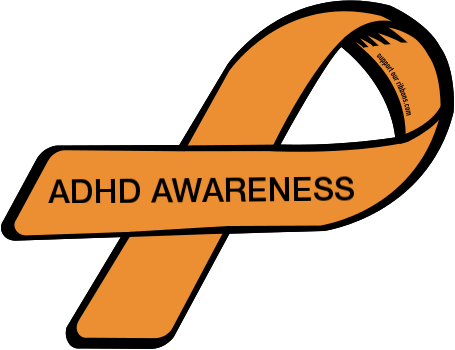
What are symptoms of attention deficit disorder.?
Inattention, hyperactivity, and impulsivity are the key behaviors of ADHD. The symptoms of ADHD are especially difficult to define because it is hard to draw the line at where normal levels of inattention, hyperactivity, and impulsivity end and clinically significant levels requiring intervention begin. To be diagnosed with ADHD, symptoms must be observed in two different settings for six months or more and to a degree that is greater than other children of the same age.
The symptom categories of ADHD in children yield three potential classifications of ADHD—predominantly inattentive type, predominantly hyperactive-impulsive type, or combined type if criteria for both subtypes are met:
Predominantly inattentive type symptoms may include:
Be easily distracted, miss details, forget things, and frequently switch from one activity to another
Have difficulty maintaining focus on one task
Become bored with a task after only a few minutes, unless doing something enjoyable
Have difficulty focusing attention on organizing and completing a task or learning something new or trouble completing or turning in homework assignments, often losing things (e.g., pencils, toys, assignments) needed to complete tasks or activities
Not seem to listen when spoken to
Daydream, become easily confused, and move slowly
Have difficulty processing information as quickly and accurately as others
Struggle to follow instructions.
Predominantly hyperactive-impulsive type symptoms may include:
Fidget and squirm in their seats
Talk nonstop
Dash around, touching or playing with anything and everything in sight
Have trouble sitting still during dinner, school, and story time
Be constantly in motion
Have difficulty doing quiet tasks or activities.
and also these manifestations primarily of impulsivity:
Be very impatient
Blurt out inappropriate comments, show their emotions without restraint, and act without regard for consequences
Have difficulty waiting for things they want or waiting their turns in games
Most people exhibit some of these behaviors, but not to the degree where such behaviors significantly interfere with a person's work, relationships, or studies. The core impairments are consistent even in different cultural contexts.
Symptoms may persist into adulthood for up to half of children diagnosed with ADHD. Estimating this is difficult as there are no official diagnostic criteria for ADHD in adults. ADHD in adults remains a clinical diagnosis. The signs and symptoms may differ from those during childhood and adolescence due to the adaptive processes and avoidance mechanisms learned during the process of socialisation.









